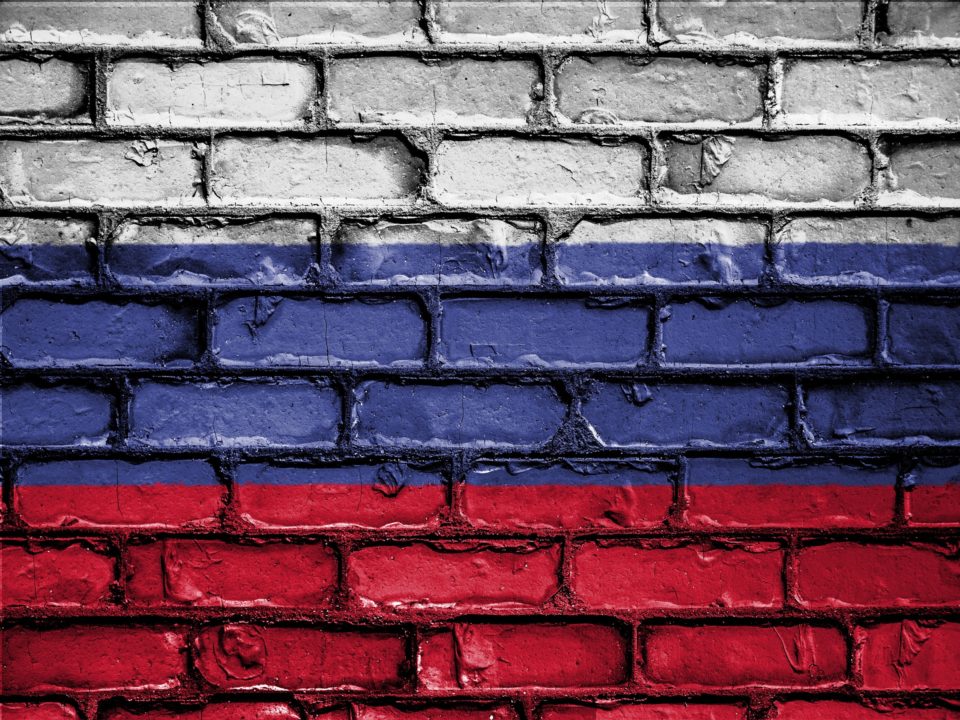Russian sporting federations have long chosen their cultural and human ties to Europe over their geographic ties to Asia when choosing their continental sporting bodies. About 75% of the Russian population lives on the European continent, but about 75% of Russian territory is on the Asian continent.
After the ostracization of Europe from the global sporting community, among other communities, in 2022 resulting from the country’s invasion of Ukraine and ensuing human rights violations, the country is weighing shifting its focus to Asia.
From a geopolitical sense, the move makes a lot of sense in the modern world. Olympic champion Vladimir Salnikov, now the head of the All-Russia Swimming Federation (and a likely future head of the Russian Olympic Committee), said that his reception by LEN, the European governing body, has been more strained by global events in 2022 than has his relationship with FINA. This makes sense, because European nations are currently feeling more fear about what would happen if Russia’s expansion didn’t stop at Ukraine (with the fighting already inadvertently landing in Poland). Meanwhile, Russia maintains a number of allies in Asia – including military and economic powers like Iran, India, and China – even if those allies are cooling a bit as the war wears on.
More recently, Salnikov confirmed the conversations in interviews with domestic state-owned media.
“This, in principle, is real, but you need to be extremely careful in these decisions. In what status we could participate in the competitions of the Asian confederation is another question. It still needs to be clarified, especially since this matter concerns our entire aquatic family, and not just swimming.”
From a competitive perspective, this becomes a lot more interesting. Asian swimming is very good at the top with China, Japan, and the occasional South Korean interloper, but doesn’t have the same depth of Europe. In diving, China is the global super power and provides depth of its own, but Europe has very good divers as well. In Europe, Russia has more opportunity to dominate in modern diving (there were periods where Russia, not China, were the dominant forces).
In artistic swimming, Russia will win no matter where they go. In their absence, there were winners from both Asia and Europe at the 2022 World Championships. Water polo is the biggest aquatic opportunity for Russia in such a move. The Russian women were 4th in Tokyo, while the men haven’t qualified since 2004. Water polo is relatively-less developed in Asia than in Europe, and Russia could probably invest its way to becoming the top team in the Asian confederation.
But besides the competition, there are differing types of competitions in play. In Europe, the system is European Junior Championships, the new European U-23 Championships, European Championships, on a predictable cycle and progression. In Asia, things are a bit more sporadic, with Asian Swimming Championships, but also the Asian Games, which some countries value as much as the Olympics.
While currently barred from most global sporting events, those bans don’t necessarily extend to continental events (they have in swimming so far). The impetus for the move is that Russia could move to Asia while suspended and begin participating in Olympic qualifications there, with the expectation of an IOC reinstatement in time for the Paris 2024 Games.
What becomes tricky is that Olympic qualifications in most events are often based on the success and depth of success of those continents in previous editions of the Olympics. Russia, under a neutral flag, won 71 medals at the Tokyo 2020 Olympics, including 20 gold medals. That was the 5th-most gold medals and 3rd-most total medals of any nation. That can dramatically unbalance Olympic qualifying, and might be met with resistance by Asian federations if it’s not matched with an increase in qualifying slots for the continent.
There are also, of course, complex political and economic issues related to the identity of Russian citizens to unpack in this move as well – whether Asian championships will resonate with Russia’s western power centers the same way European championships do.
Olympic qualifying procedures have already begun in some sports.

they wont even be allowed to compete at the Olympics in an EU country, so no point switching continents
And they doping control maybe not as tight
In my opinion, this should be an all-or-nothing deal, either ALL sports changes to Asia or NO sports changes. This should not be where one sports federation switches while another do not.
That is not the case in real life. Kazakhstan has a minute portion of its territory in Europe and does choose to compete in the Asian system as far as most sports are concerned, but in the most popular one (football) it chose to switch to UEFA (Europe)
To me this looks awesome. As an athlete from Asia, I would be happy to welcome Russian athletes. This will bring Asian sports to a completely new level. Most importantly, Russian athletes that have nothing to do with the terrible war in Ukraine will get an opportunity to compete.
I, for one, welcome our new dark overlords – bender from Futurama
They should consider
invadingmerging another Asian country to really sell their causeThe Asians don’t want these systemic cheaters either.
They probably will if Russia pays them enough.
Where does Belarus fit in is my question. They’re not in Asia.
Good luck, Asia – You’re gonna need it.